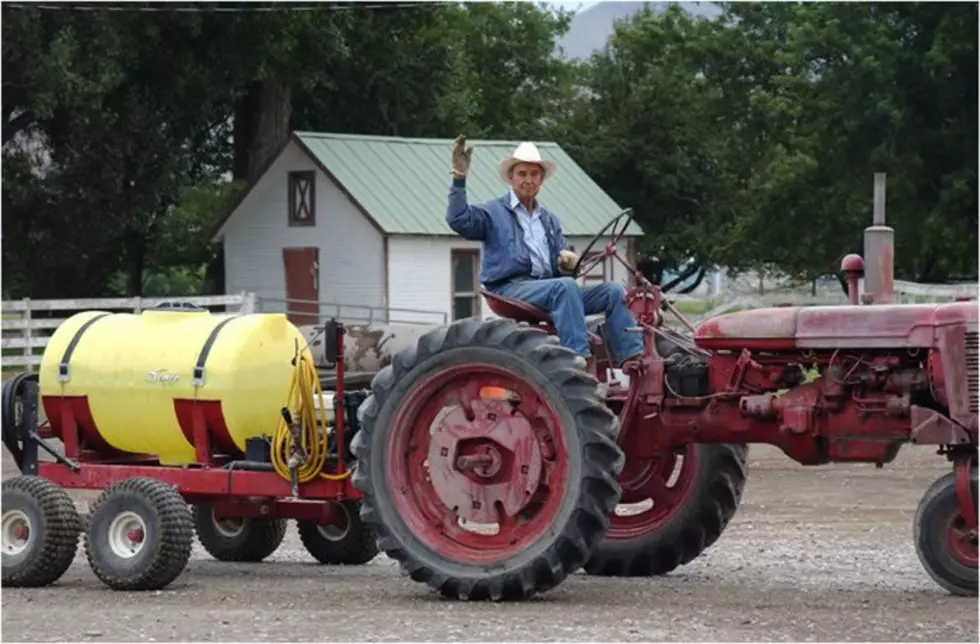
Voskuhl: Rural America Needs To Be Vigilant Against Scams
Those living in rural America don’t face many of the concerns or threats of more urban areas. But unfortunately, scams are just as prevalent in rural areas as in metropolitan communities. And the AARP’s Sean Voskuhl said scams are becoming more difficult to spot.
“Scammers are getting more creative these days in finding ways to take your money. The use of look-a-like websites is on the rise, from everything to consumer goods to travel websites, and even farm supplies. They may look like the original website, but have a slightly different web address to catch you off guard, and often offer deals that feel too good to be true.”
Safeguarding your personal info on-line, Voskuhl noted, is an effective way to minimize your risk of being targeted.
“Thanks to data breeches on social media and consumer-based websites, scammers can often get more information to make their pitch sound more legit. Your info, bought by scammers on the darkweb, could include personal details about your life, farm, equipment and vehicles, and more, sometimes including credit card information. While we rely on website owners to keep that data secure, it’s important to be aware and think about what information you are putting out there.”
Voskuhl said if you should know how to spot a scam, you are 80% percent less likely to fall of the lie, whether that’s on-line, on the phone or in other areas. For tips and ideas of how to spot a scam, check out the AARP's Website.
If you have a story idea for the PNW Ag Network, call (509) 547-1618, or e-mail gvaagen@cherrycreekmedia.com
More From PNW Ag Network









